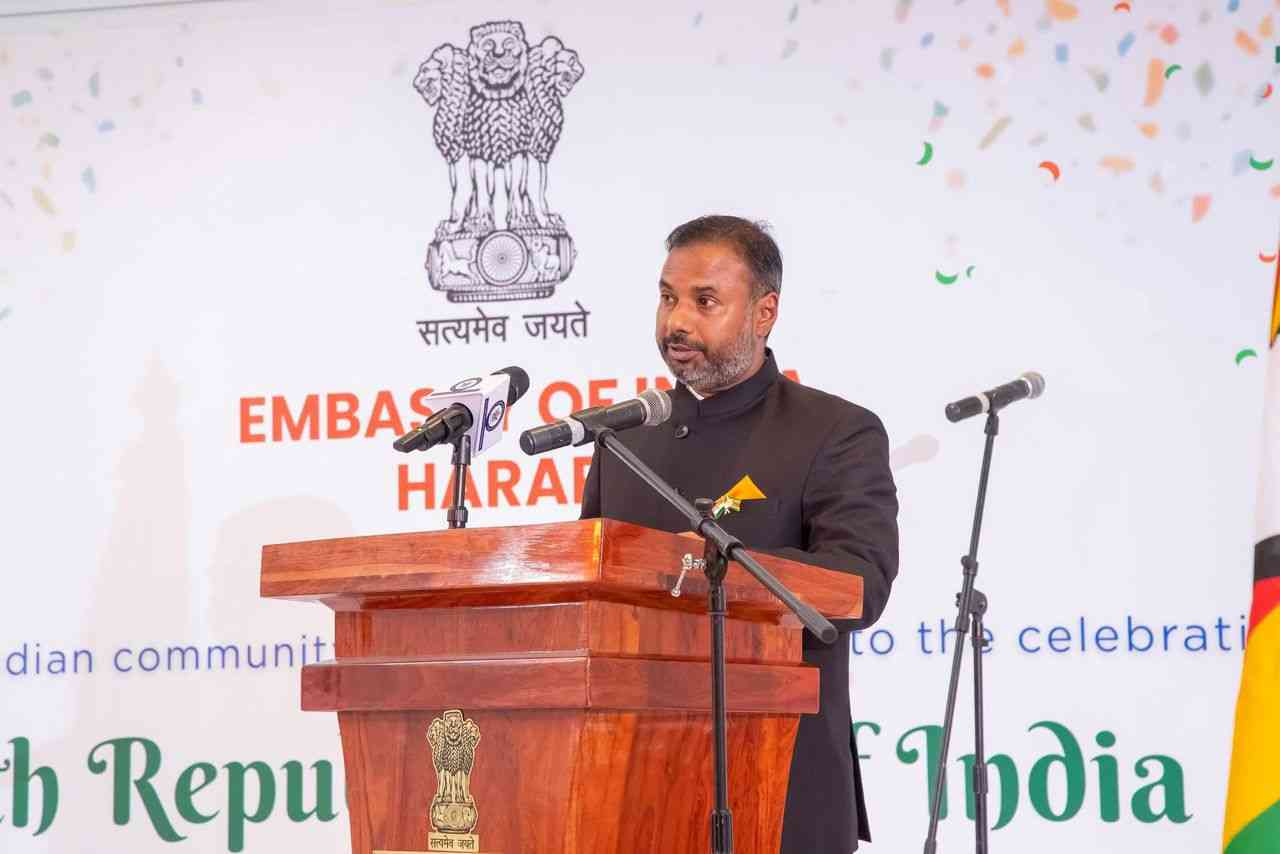
An In-depth Look at the Recent Decision to Close Betting Sites in Kenya
The recent decision to close betting sites in Kenya has been a controversial one, with many stakeholders weighing in on the implications of this action. The Kenyan government's move to shutter these businesses was made after several months of deliberation and debate over the potential impacts on citizens, local economies, and legal obligations. In this article, we will take an in-depth look at the decision-making process behind this closure as well as review responses from stakeholders involved with this situation. We'll also discuss how other countries are handling similar issues and explore potential solutions that may help resolve this issue.
How the Kenyan government arrived at this decision and its implications
After months of debate and deliberation, the Kenyan government ultimately decided to shut down Bet254 in Kenya. This decision came after authorities determined that these businesses had been operating without proper regulation or oversight, resulting in numerous financial and legal issues for citizens and local economies alike.
The government argued that without proper regulation, these businesses posed a significant risk to public safety. They cited the potential for fraud and money laundering as primary concerns, as well as the possibility of illegal activity such as underage gambling. Furthermore, many of these businesses were found to not be compliant with tax regulations, resulting in significant losses to the Kenyan economy.
In response to this decision, numerous stakeholders weighed in on its implications. The majority of reactions were negative, with some arguing that closing these businesses would result in job losses for hundreds of Kenyans who depended on them for their livelihoods. Others suggested that it could have an adverse effect on tourism and foreign investment due to the perception that Kenya was becoming an unfriendly place for businesses wanting to operate there legally. Further criticism was raised about potential legal implications, including violations of international trade laws and human rights treaties.
The closure of betting sites also raised questions about how other countries are handling similar issues. Many countries have similar laws regulating online gambling and gaming activities, though some are more stringent than others. It is important for governments around the world to take into account both public safety concerns as well as economic considerations when crafting their policies on this issue.
And there are potential solutions that may help resolve this issue while protecting both citizens’ safety and economic activity within Kenya. For instance, governments can develop clear regulations outlining which activities are permitted and which ones should be prohibited. Additionally, they can create licensing systems that ensure all operators comply with local laws before allowing them to open up shop in the country. These measures would help protect consumers from any fraudulent activity while also allowing legitimate businesses to function safely within Kenya's borders.
Legal implications of the closure of these businesses
The legal implications of the closure of these betting sites in Kenya are vast and far-reaching. Firstly, many stakeholders have expressed concern over potential violations of international trade laws and human rights treaties. It is possible that closing these businesses could be seen as a violation of freedom of speech or equality, as some may argue that the closure unfairly targets certain demographics or industries. Furthermore, it could lead to an increase in smuggling operations and tax evasion, which can further damage local economies and financial stability.
Additionally, without proper regulation in place, these businesses may have been operating illegally, meaning the Kenyan government could face litigation from those affected by their decision to close them. It is also possible that individuals may seek compensation for any losses they incurred due to the closure of a business they were involved with. As such, it is important for all parties involved to understand their legal rights and obligations before making any decisions or taking any action regarding this issue.
While the Kenyan government has cited public safety concerns as its primary motive for closing these sites, there are still questions about how effective this measure will be in curbing illegal activity in the country. Without proper enforcement mechanisms in place, some suggest that criminals will simply move their operations elsewhere or find other ways around the law. Therefore, any long-term solution should address both public safety considerations as well as economic realities if it hopes to be successful.
Examining how other countries are handling similar issues
In comparison to Kenya, other countries around the world have taken varying approaches when it comes to regulating online gambling and gaming activities. For instance, in Japan, the government has implemented strict regulations that require all operators to obtain a license before they can operate within the country. This has served as an effective deterrent for many potential criminals who could target Japanese citizens, while still allowing legitimate businesses to operate legally.
In the United Kingdom, the government has focused largely on consumer protection laws that ensure players are being treated fairly and responsibly by operators. This approach has been highly successful in ensuring player safety while also allowing local businesses to remain competitive in the global market.
Other countries have taken a more lenient approach when it comes to regulating these industries. In many parts of Europe, for instance, governments have allowed betting sites and casinos to operate without any major restrictions or licensing requirements. While this has led to some degree of illegal activity taking place in these countries, most stakeholders have accepted this model as a necessary evil if they want their local economies to remain competitive with other parts of the world.
Finally, there are some countries that take a hybrid approach between complete freedom and rigid enforcement. In Canada for example, operators must go through a rigorous application process before being licensed; but once approved, they can offer their services without any further oversight from the government. This type of system allows businesses to flourish while still providing enough safeguards for consumers who wish to gamble or play games online safely and legally.
Ultimately, each country must decide which approach is best suited for its particular situation based on public safety considerations as well as economic realities. What works for one nation may not be right for another – regardless of what similar issues their neighbours may be facing – so careful consideration must be made before implementing any policies or regulations on this issue.











